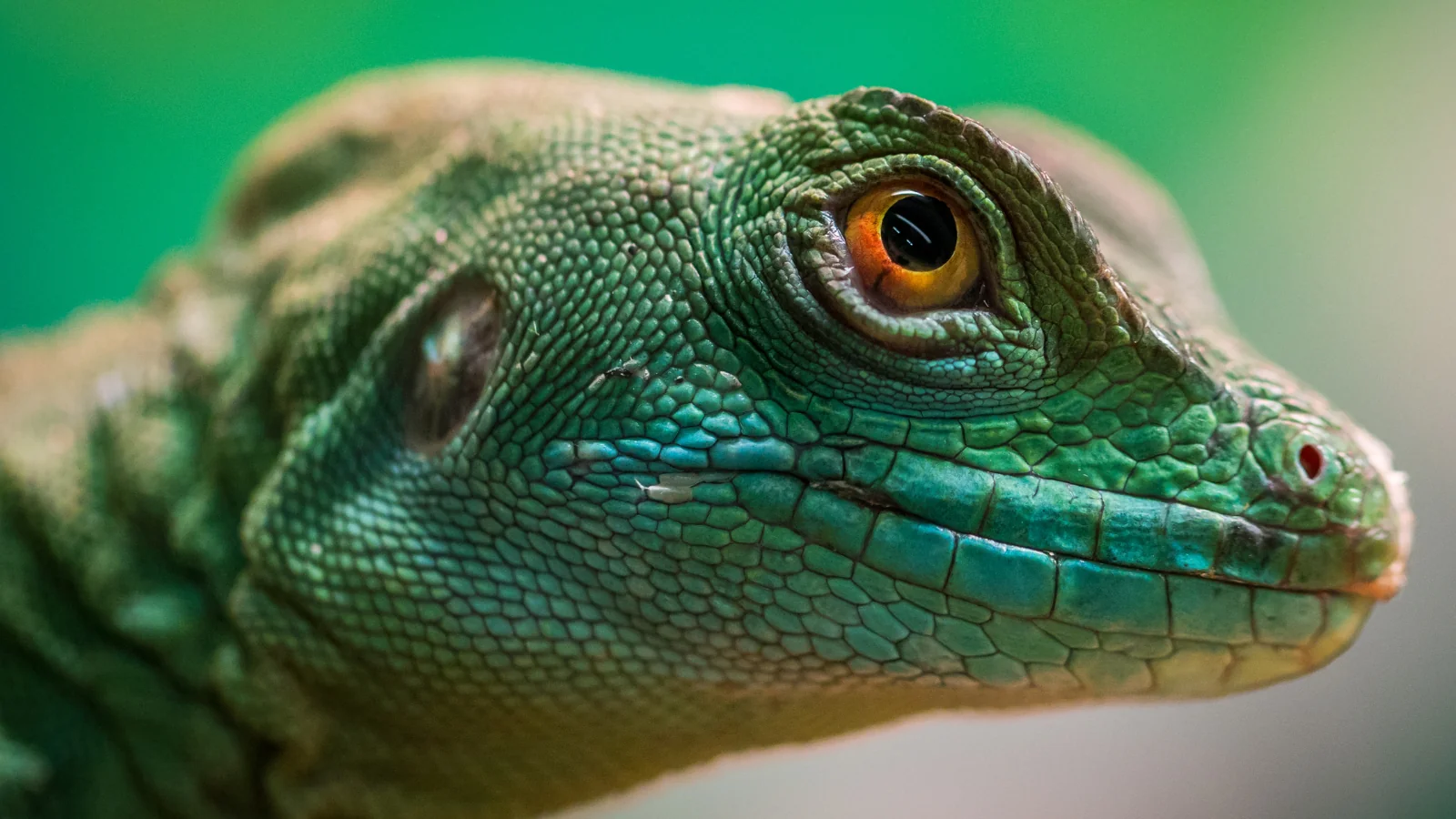-
Menu
- About
- Blog
- Videos
- Podcast
- Events
- Take Action
- Newsroom
- Contact

- About
- Blog
- Videos
- Podcast
- Events
- Take Action
- Newsroom
- Contact

Blog, Podcast, Videos
BLOG: PROTECTING SPECIES
Learn from the Global Center Conservation Coordinators and our Partners
